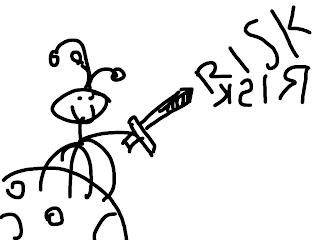Was great to see the range of attendees. Many people from insurance companies - R&D, CSR, underwriters - engaged with a topic not commonplace in the Lloyd's building. Also an interesting conversation with someone looking for inspiration for innovative distribution for a very different product - solar lamps!
One of the speakers during the event mentioned that microinsurance was about insurance going back to its roots, and this seemed to resonate with the participants. Good to feel the energy in the Lloyd's library to recapture those old roots with some very new thinking.



